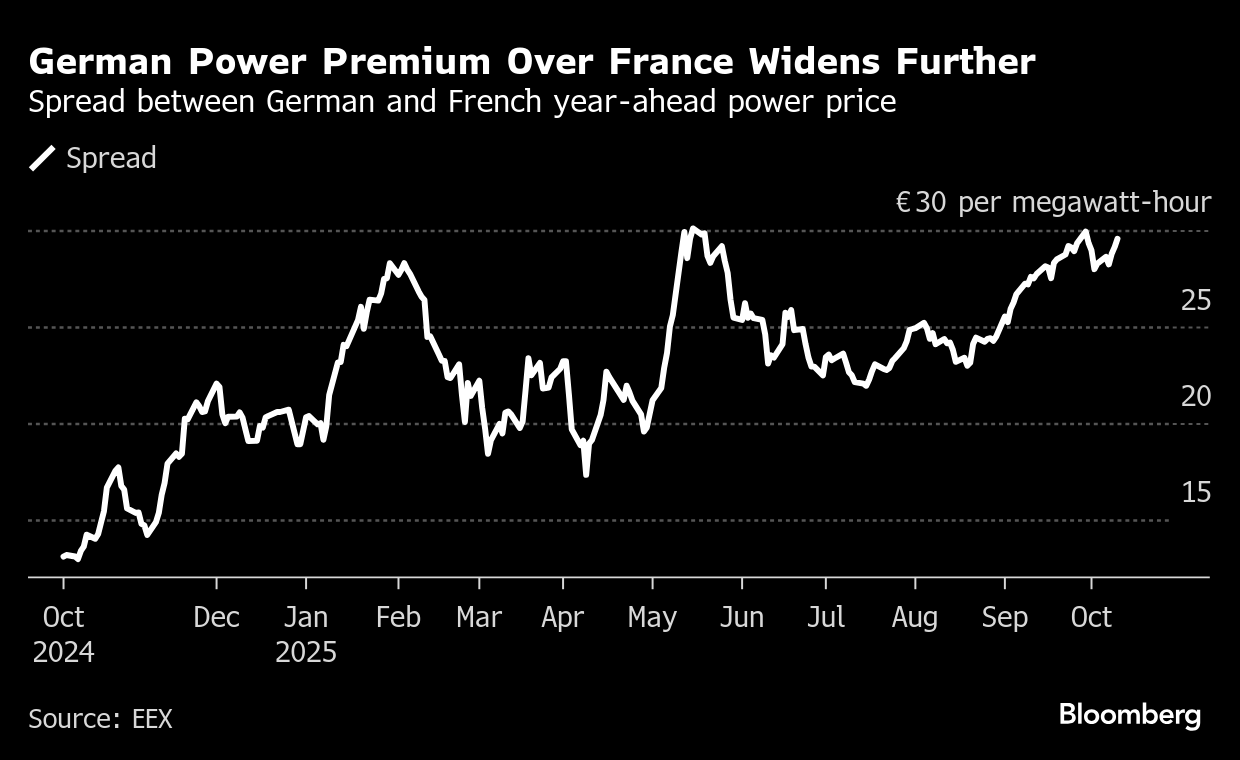Citadel Boosts European Power Trading With Purchase of FlexPower
(Bloomberg) -- Citadel agreed to buy German power-trading company FlexPower as the hedge fund giant extends its global reach in the booming natural gas and power markets.
The deal, the value of which was undisclosed, is slated to close before the end of the year, Citadel said in a statement. CFP Energy, which currently finances FlexPower, will sell its entire stake as part of the agreement.
Hamburg-based FlexPower specializes in trading and risk management for a range of customers, including renewable-energy producers and battery operators. The company’s team, which comprises about 60 people, will remain intact and continue to be based in Germany and New Zealand after the deal is completed.
Citadel has become a behemoth in commodities markets in recent years, with a presence across both physical and financial trading. Billionaire Ken Griffin’s firm was among the first hedge funds to actively trade in physical commodities markets.
Today, it has one of the largest physical natural-gas businesses in North America, with a portfolio of transportation and storage assets. Jane Street Group and Qube Research & Technologies also are looking to expand in physical natural-gas trading.
Earlier this year, Citadel, which manages about $69 billion, made one of its biggest investments yet in the physical US natural gas market with the $1 billion acquisition of Paloma Natural Gas LLC. The firm also recently bolstered its ability to trade commodities in Asia, expanding into Australia with the hiring of Shell Plc senior trader Keith Handbury. Citadel’s commodities business made about $4 billion of profit last year, driven by natural gas trading.
Demand for natural gas and power has surged globally as extreme weather events and market volatility create dislocations that traders can profit from. Forecasts for a massive increase in demand for electricity to run data centers and artificial intelligence has added to interest in the sector.
Europe has just entered its heating season, and there are stark differences in how nations react to sudden spikes in demand due to cold snaps.
While France has maintained a strong nuclear fleet as it expands in renewables, Germany walked away from atomic plants and depends instead on renewable capacity for more than half of its power supply. As a plan to expand gas-fired plants — to help keep the lights on when wind or solar aren’t available — is delayed, Germany still relies on costly coal stations when supplies are tight. Day-ahead German power prices averaged about €84 ($98) a megawatt-hour last month in Epex Spot auctions, much higher than in neighboring France.

The volatility creates a heightened need for companies to manage risks and their exposure to pricing, making FlexPower an attractive purchase, said Sebastian Barrack, head of Citadel Commodities.
“We think very strategically about structural changes occurring in the market, and ask ourselves, ‘how do we bring the most value to the industry,’” Barrack said in an interview. “We then either build the solution ourselves, or we find and partner with the best in the industry.”
FlexPower trades a portfolio of more than 1,700 megawatts across six European countries, amounting to over 11 terawatt-hours placed annually on short-term power markets. Citadel continues to assess opportunities to grow the business and expand into new markets, Barrack said.
©2025 Bloomberg L.P.





